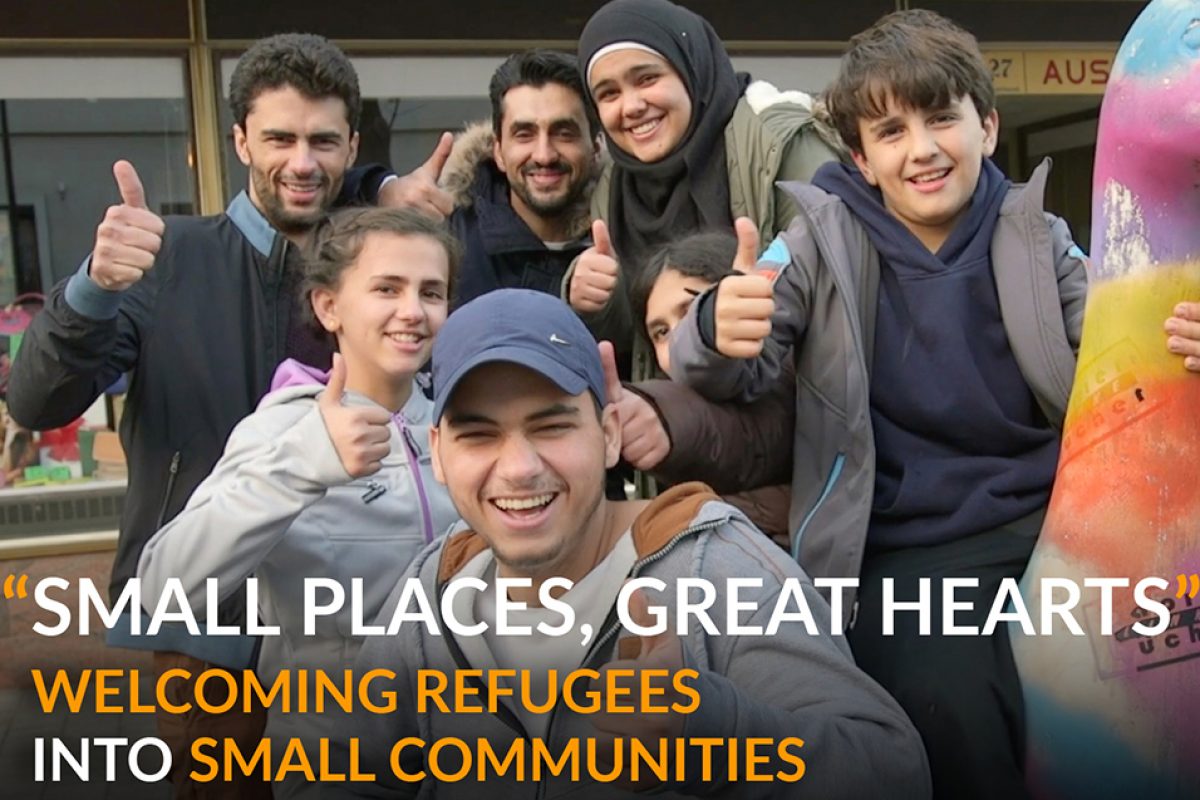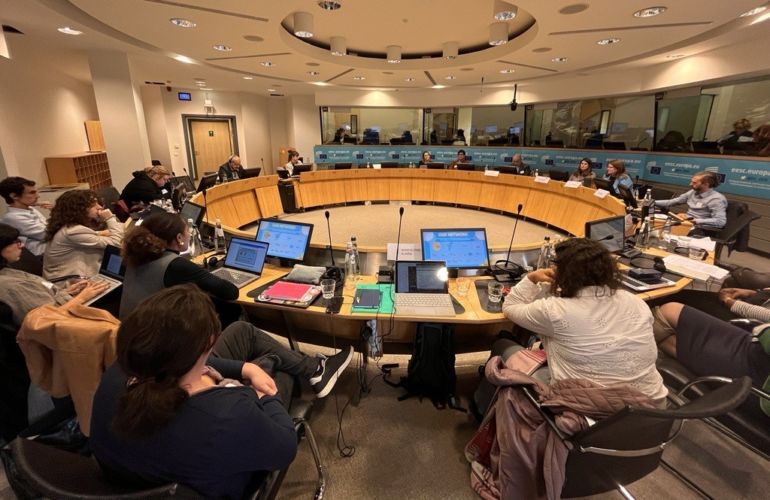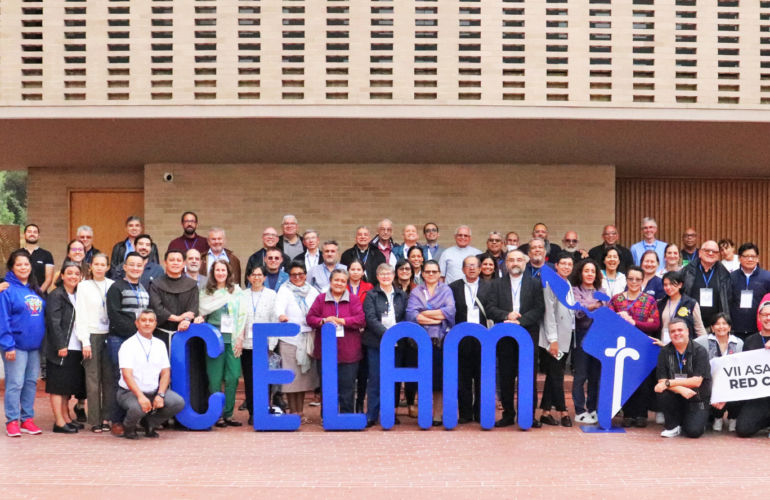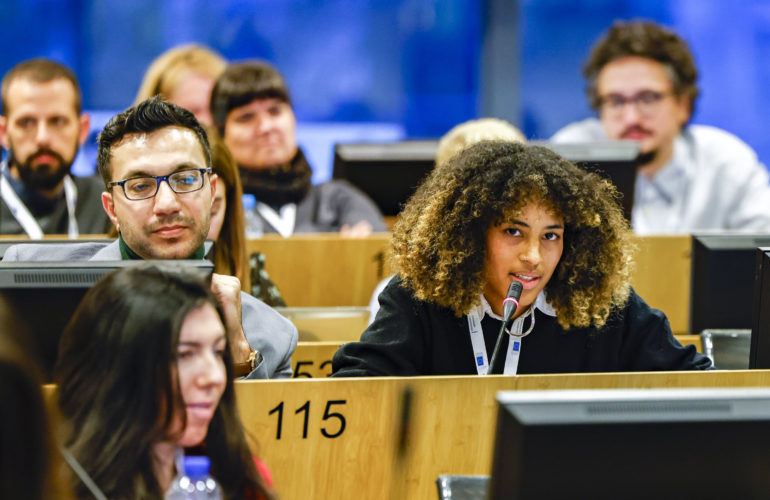Integration in Europe: How Small Communities Welcome Refugees

Small communities across Europe are helping resettled refugees integrate and find their footing in their new homes. In ICMC’s “Small Places, Great Hearts” webinar, refugees, community members and members of local governments share their experiences on integration in smaller towns.
To mark World Refugee Day 2019, the International Catholic Migration Commission held a webinar to launch “Small Places Great Hearts,” a video series produced by the SHARE Network.
Panelists discussed the advantages of refugee resettlement in smaller communities, as well as its challenges. They shared their stories and the integration strategies that had worked for them.
Dr. Hasan Hallak, a medical doctor from Syria who arrived in Austria three years ago and recently completed an internship in a hospital in Vienna, shared his advice to others seeking to integrate their new community..
“Learn the language as soon as possible and mingle with the community […] it is better [to resettle] in a small town.” He says he experienced a warm welcoming in the 11,000-strong town of Gänserndorf, and that many locals volunteered to help his family learn the language and adapt to the area.
Gänserndorf’s deputy mayor Margot Linke has been accompanying refugee families in her town since 2015. Along with other residents, she has helped provide everything from clothes and furniture to language classes.
Ms Linke shared her experience as both a volunteer and a member of the local government, which gives her a unique perspective on how communities can come together in solidarity.
Marleen van Dam, a social worker from the Dutch Council for Refugees, coordinates many volunteers as they accompany newly-arrived refugees. She discussed the impact that volunteering has on people’s lives.
“People often think that refugees are poor and don’t know anything,” she said, but through volunteering, they discover “specialists, doctors, artists”. Volunteers’ views change immediately. Referring to the volunteers she coordinates as “professional volunteers” due to the high amount of training they receive, Ms. van Dam also discusses the diverse set of skills that they gain.
Denis Bosnic, the coordinator of the “Small Places, Great Hearts” video series, comments on its production and the impact that small communities can have on newly arrived refugees.
Having himself fled Bosnia for Europe as a child, he shares how the small town where his family moved was less intimidating than a larger city would have been. “Feeling new in a country can be very scary to a person who has just arrived,” he says, suggesting that tight-knit towns can help to mitigate this fear.
The SHARE Network is a group of NGOs coordinated by ICMC Europe and working for more resettlement and better integration of refugees across the European Union. As part of the European Resettlement Network, the SHARE Network promotes partnerships for refugee inclusion in local communities.
The production of the video series was made possible through the collaboration of the SHARE Network partners Caritas Austria, Caritas Internationalis Belgium, Consorzio Communitas, the Dutch Council for Refugees, MigrAfrica, and the Jesuit Refugee Service in both Portugal and Romania, as well as by community members from Gänserndorf (Austria), Merchtem (Belgium), Jena (Germany), Biella (Italy), Zaanstad (The Netherlands), Caranguejeira (Portugal) and Somcuta Mare (Romania).


